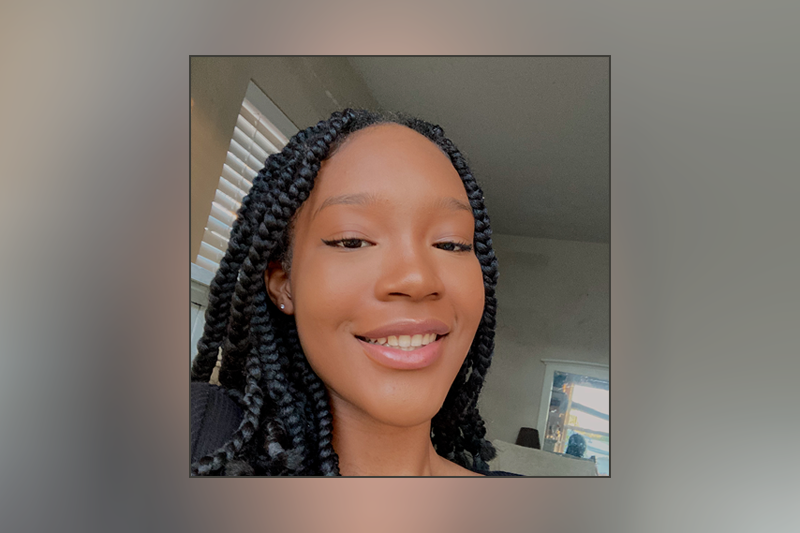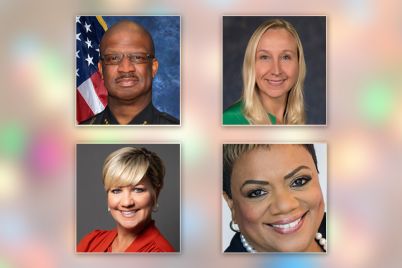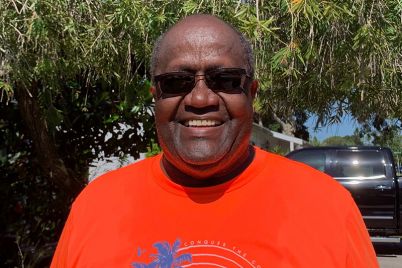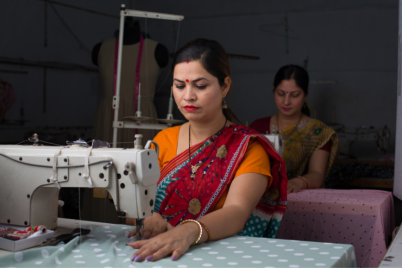Christelle Marc
BY YAMIRA PATTERSON, St. Petersburg High School student
Christelle Marc is a junior at St. Petersburg High School in the International Baccalaureate Program. She sat down with me to talk about the impact of microaggression on Black students and the effects of anti-Blackness.
Yamira: What are some of your experiences with racism and anti-Blackness in your school or past schools? How have your experiences affected your mental health?
Christelle: In middle school, I remember instances where a white student would see a braid on the floor and make a comment about the girl who wore it probably being “ratchet” or getting into a fight that got her braid ripped out. It made me feel like having braids in my hair was ugly and ratchet, which in turn made me dislike my hair texture and tainted my self-image. It took a long time for me to unlearn that internalized racism.
Yamira: What are some examples of microaggressions that you have experienced from teachers or peers? How have these microaggressions influenced your relationships with them?
Christelle: One prominent example of a microaggression I’ve experienced happened pretty recently by someone my own age. I was approached by a boy who told me I was very beautiful. We got to talking, and as the conversation progressed, he asked me more about myself, with one being, “So, what are you mixed with?”
I proceeded to tell him that I was 100 percent Black, to which he scoffed at, thinking I was lying. I went on to say to him that I am a first-generation Haitian immigrant, and that’s what finally convinced him. This showed me firsthand that many people do not associate Blackness with beauty and that you have to have something non-Black within you to make you beautiful. I have not talked to or responded to that person since.
Yamira: Discuss a time where you felt like your teacher(s) made an effort to be intentional with their language about racism in their class? If so, how did that make you feel?
Christelle: My English teacher this year is very open about her support of the Black Lives Matter movement and her intolerance of offensive language against people of color. I remember a discussion that we had as a class about acknowledging prejudiced/racist tendencies and mindsets and how this is the first step in changing them.
This was significant to me because I’m enrolled in a predominantly white program at school, so these discussions are very rare. I also liked how the teacher shared her own previous prejudiced ideas and opinions. She also shared how over time, she learned and changed her ideas with education and new experiences. It made me feel seen as opposed to drowned out in a sea of white people in the program where students like me are often overlooked.
Yamira: What are your thoughts on “controversial” language like the term “minorities” and “illegals?” How has this language affected your experience in your school community?
Christelle: I think the term minorities is pretty representative of what POC are, especially at my school. It doesn’t bother me unless it is used in a way to diminish our significance. The term illegals, on the other hand, is downright disrespectful. No person can be “illegal,” so I think that it should not be used to describe immigrants. This language has not affected me personally in my school community.
Yamira: How has your relationship with BIPOC teachers affected your experiences in the classroom?
Christelle: In my 12 years of schooling, I have only had about five BIPOC teachers; all of which were my teachers in elementary and early middle school. I would say that those teachers made me feel the most comfortable. I have always attended predominantly white schools, so having a close authority figure that looked more like me made me more comfortable and willing to ask for help when needed.
Yamira: In your experience, what have teachers and administrators done that has proven to be effective or harmful in approaching BIPOC students about combating racism in your school community?
Christelle: In my experience, I have not seen any significant action from teachers and administrators approaching BIPOC about this topic.
Yamira: In your experience, do you feel like your perspective or experiences are welcomed and respected by your teachers? How has this affected your experiences in the classroom?
Christelle: I am not aware of any current programs regarding anti-racist education, but it would be nice to see teachers incorporating material talking about BIPOC in ways other than the one-dimensional experiences or just material by BIPOC in general.
Yamira: What role should BIPOC students play in implementing anti-racist education in the classroom?
Christelle: I don’t think it is BIPOC’s responsibility to teach people to be anti-racist, but that does not mean that we should sit back and accept racism thrown our way. I think our responsibility is to make people aware of the racism around them or within them and possibly go to people in positions of authority to implement that type of education. It is not our responsibility to be the education itself.
Yamira: When was the first time you had a teacher who looked like you? What did they teach? How have they affected you?
Christelle: My third-grade teacher Mr. Wood was Black. He showed me that teachers should care about all students and not just a specific group.
Yamira: What were your thoughts and feelings during the start of the Black Lives Matter protests following George Floyd’s murder?
Christelle: I felt as though those protests were warranted and necessary for awareness of the prominence of police brutality against Black people.
Yamira: After the events of this summer, do you believe your classmates have tried to educate and revise themselves in light of the protests? How so?
Christelle: I believe that some of my classmates have had their eyes opened. I do also believe that many saw the protests as a trend and went along with it while others actually looked at statistics, read articles, and educated themselves.
Yamira: What advice, if any, do you have for teachers who want to be better allies for BIPOC students?
Christelle: My advice would be to acknowledge that racism is an actual problem since many think it isn’t and go beyond the white-washed curriculum.
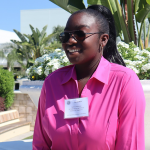
Yamira Peterson
Yamira Patterson is a junior at St. Petersburg High School in the International Baccalaureate Program. She is a student activist coordinator with Amnesty International USA and involved in various youth-led advocacy organizations. She is also the SPHS Black Students Association’s co-president and the SPHS Amnesty International Club president.

